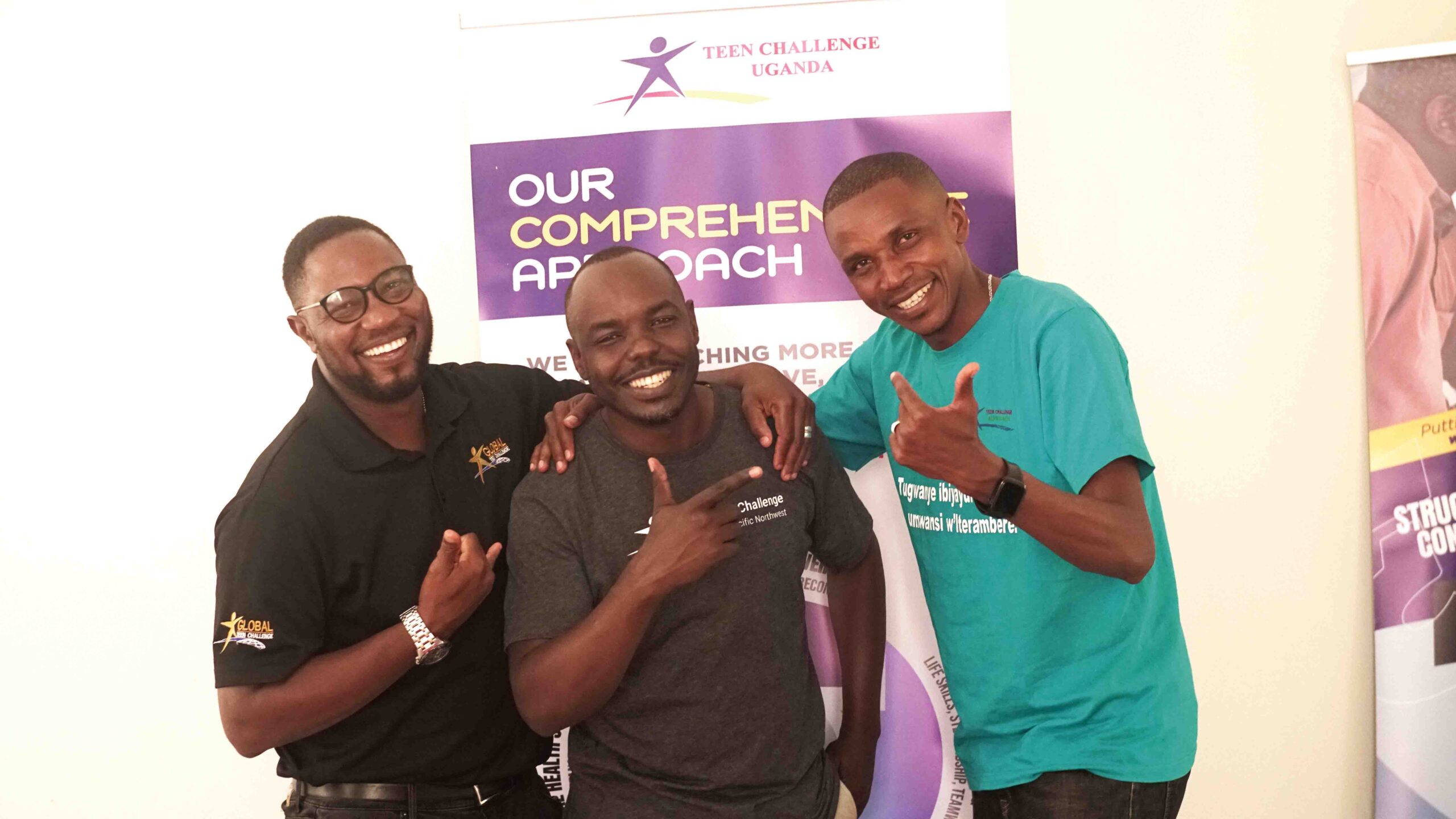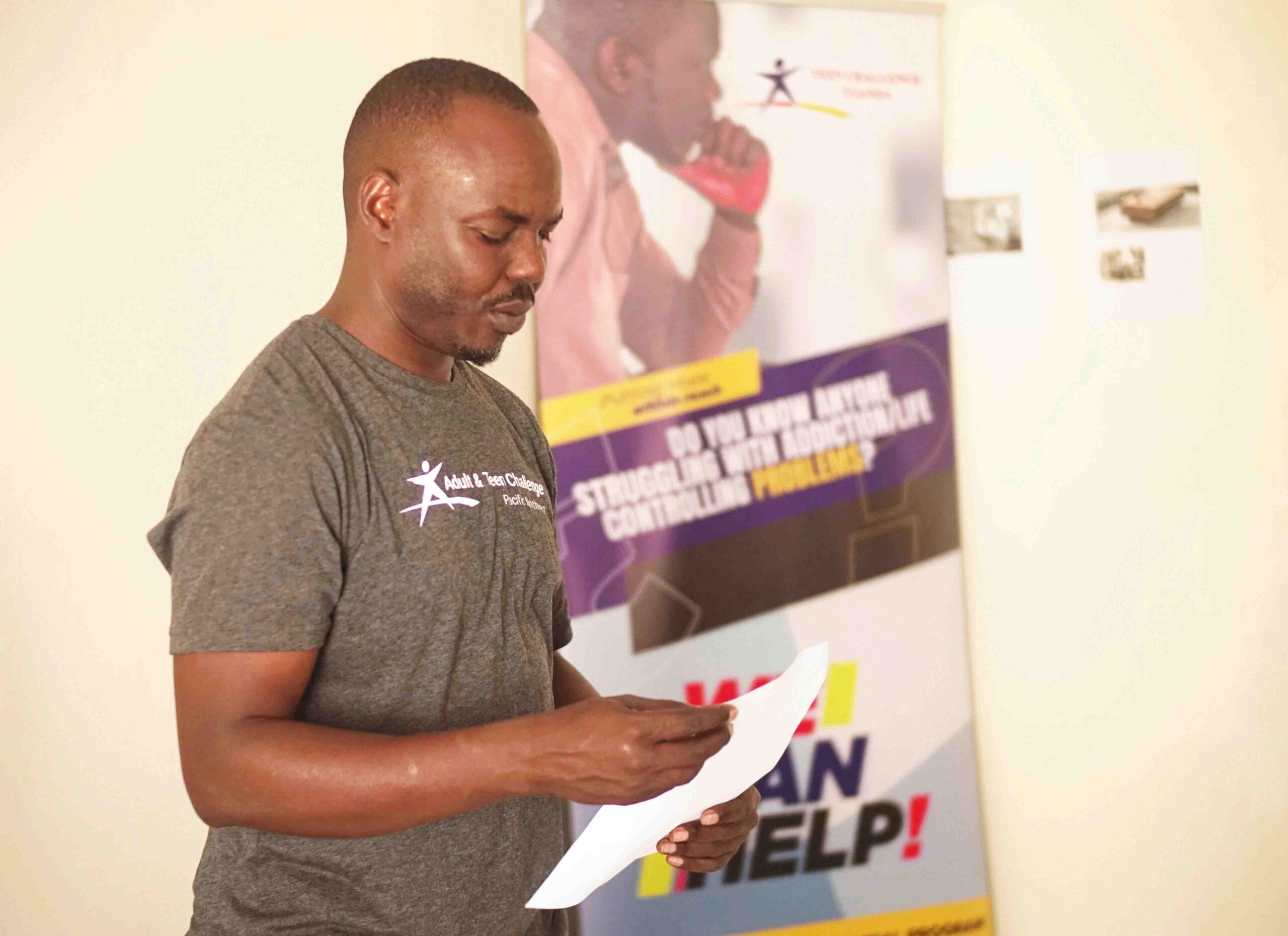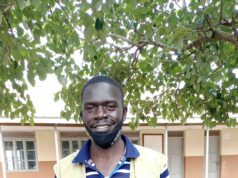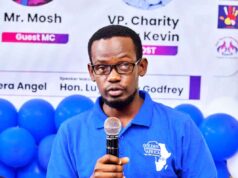By Lillian Ntege
In Uganda, the fast-growing population are becoming continuously vulnerable to various forms of addiction, including drugs and substance addiction.
Unfortunately, the national environment has weak laws, systems, strategy and resources to manage such addictions.
But, like the saying goes, “Every dark cloud has a silver lining.” Teen Challenge Uganda (TCU), a Christian organisation, is up to bridge this gap and save addicts.
With a mission to support individuals to overcome addictions and life-controlling problems, Teen Challenge is a safe haven for many.
About TCU
What started as a Church programme under Victory Church, Ntinda, is now an independent Christian organisation registered in Uganda.
Located in Kiwatule, Kigoowa Zone, Kampala, Teen Challenge is on a mission to see a generation that is free and in control of their body, mind, spirit and empowered to overcome addiction.
Didas Mwesigye, a former director at Teen Challenge, says the Church programme had noble intentions, but lacked the necessary expertise.
“We were previously called ‘Fresh Start’, but later got connections with Global Teen Challenge Organisation who helped us with a proper working framework as an independent NGO,” Mwesigye says.
He further explains that Global Teen Challenge did not just offer their name, but also offered guidance, provided resources and coaching for the team, and exposed them to a wide range of experiences.
Mwesigye notes: “We were driven by a heart to reach out. At that time, we were the only rehabilitation center in the country; a thing we realized while collaborating with Butabika Hospital. But, we were not fully equipped to address the problem.”
Global Teen Challenge’s support transformed the programme into something bigger, with a wider reach.

Operation
They run their programme on a curriculum basis. Mwesigye explains that they have a holistic approach of their treatment as their model considers the spirit, soul and body.
“The heart of the operation remains clear; we are driven by seeing broken individuals needing help. We believe in the transformative power of faith,” Mwesigye adds.
He emphasises the broad scope of their mission as many associate mental health only with addiction, although there are more factors causing many to be wounded, broken and in total need of help.
They run their curriculum on a a one-year-residential programme, designed to suit a teacher-student engagement.
“It is like school. You don’t have your phone, no television, and when you come in, we emphasise that. We do not sugarcoat. We tell you it’s not going to be easy, but it’s going to be the best year you have ever had,” Mwesigye says.
Their patients largely come through referrals, but others are taken through their outreaches. They take in adults aged 18 years and above, because they are of consent age.
However, Mwesigye says once in a while, they take in younger people, but with the consent of their parents or guardians.
He explains that their comprehensive approach includes professional and Biblical counseling, individual classes, and group therapy, which are done in four phases.
Mwesigye says getting off drugs is managed in the first phases. By the fourth phase, they are helping the patient adapt to the new change in order to avoid relapse.
They also provide aftercare programmes where they take back to school those who desire to.
While those who come through referrals are charged monthly fees, majority of the beneficiaries who are picked from the streets and communities get free services.
Challenges
“One of the challenges we face is with our after-care. When some people go back to their families, the family members do not trust them. They are tired of them and some do not want to know,” Mwesigye says.
He adds that some of the people got from the streets cannot be taken back there. So, “We are stuck with them”.
However, they have built a vocational institute in Gulu where they admit those who are not able to go back home.
Sarah Nayebare, the team leader of the Teenage Challenge Women’s Programme, says at times, some people escape and go back to the streets.
“When some of these go back without completing the programme, they end up relapsing and some die. This is one of our biggest shortcomings,” Nayebare says.
She notes that some cases are violent and it is difficult to handle them. But regardless, she says: “These are the people God wants us to reach out to”.

Achievements
“We began with just eight beds. Now we have eighty. We have centers in Gulu and Kiwatule for men, and in Kungu, Kampala for women,” Mwesigye says.
He says one of his most cherished success stories is watching people transform.
Inspired by some challenges, they have started a vocational institute in Gulu, Nothern Uganda, where they teach farming and entrepreneurial skills. This, Mwesigye says, is their biggest achievement.
Allan Bwire, a 25-year-old former addict, says Teenage Challenge Uganda saved his life.
“I was got from the streets and now I am at the university, with bright plans for my future. I do not think I would have quit drugs if it wasn’t for TCU. I am so grateful for this chance I got,” Bwire says.
Mental health
The complexity of addiction and mental health is a message Mwesigye hopes to spread further.
“People often ask if addiction is a choice, a disease, or a sin. I say it’s all three in different aspects. It’s essential to understand mental health comprehensively,” Mwesigye says.
He says in Uganda, it is only when it gets serious that the problem gets attention.
Mwesigye says mental health is a serious problem and Ugandans need to give it attention like the rest of the diseases.
+++++++++++++++++++++++++++++++++++++++++
Subscribe to our website here https://www.goodnewskla.com/ and be the first to receive great Christian news, health information, pastoral guidance, environment, farming and many others. Also, Like and follow us on Facebook at Good News UG.





















